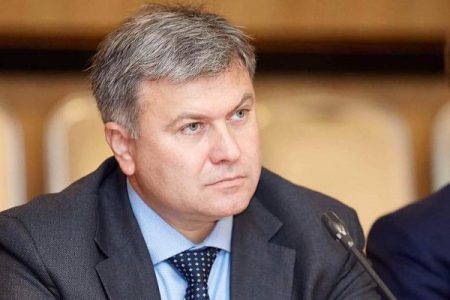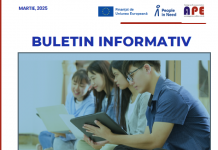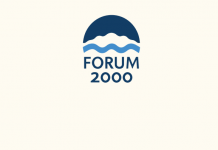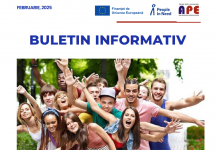Victor Chirila: Moldova avoided a big disaster at the 5+2 negotiations in Berlin, but only for now…
Moldova avoided a big disaster in Berlin. Despite increased and coordinated pressure, George Balan, the Deputy Prime Minister for Reintegration managed to negotiate a compromise protocol which would not harm irremediably the Republic of Moldova’s position.
By exploiting skillfully the interests of the German OSCE Chairmanship, as well as the weakness/inconsistency of Moldovan authorities, Russia managed to transform the 5+2 format in pressure leverage over the Republic of Moldova. At the meeting in Berlin, the moderators and observers formed a “united front” towards the Republic of Moldovan’s negotiator. It is undoubtedly a failure of the Moldovan diplomacy.
The impartiality of the OSCE Mission in Chisinau raises big question. It is increasingly pressuring the Moldovan authorities to make unilateral concessions, for example, to accept the movement of the vehicles from the Transnistrian region abroad with the registration plates issued by the separatist administration in Tiraspol. In essence, this would mean recognition the “state symbols” of the separatist regime before agreeing on the status of the Transnistrian region within Republic of Moldova, as stipulated by Law 173 dated 22 July, 2005 on basic provisions of the special legal status of the localities on the left bank of the Nistru River (Transnistria).
Ukrainian support in Berlin was anemic, again a failure of our diplomacy. It seems that Ukrainian negotiator does not fully understand that the precedents decided today in the 5+2 will be applied tomorrow in Lugansk and Donetsk. Our authorities should ask themselves why this happens. The answer must be sought primarily in Chisinau.
Russia again attempted to impose a formalizing of a binding guarantees mechanism on the implementation of the formal decisions between Chisinau and Tiraspol, which once accepted would legalize a process of gradual recognition of de-facto realities in the Transnistrian region. In other words, gradually legalize the unrecognized status of Transnistria, without formal negotiations on this issue.
The guarantee mechanism proposed by Russia, supported by Tiraspol and the OSCE mission in Chisinau has not been opposed by the observers, the US and EU. Ukraine has not supported the Russian proposal for now, but what will happen in the nearest future……..? Certainly, we cannot be sure at all that Ukraine would change its mind. Germany would rather support such a mechanism.
In conclusion, the lack of firm political support for our negotiator in the 5 + 2 format and the institutional rivalries between the Ministry of Foreign Affairs and European Integration and the Bureau for Reintegration are successfully exploited by some allegedly equidistant moderators.
Moldova is extremely vulnerable in the current 5 + 2 format and in the following weeks until, the high level meeting in Bavaria, the pressure on our negotiator will increase even more.
In order not to alienate Germany, Chisinau will have to demonstrate progress in implementing the Berlin Protocol. On the other hand, these progresses should not increase the vulnerability of the Chisinau’s positions in the future negotiations on the Transnistrian status.
We have a good negotiator with will and character, but he is isolated and will not be able to cope with the pressures coming from the “equidistant” mediators, as well as the Moldovan authorities and civil society will show lack of interest and will avoid taking a firm stance against this increasing pressure on us.
Among other things we have to say clearly and with one voice that the recognition of vehicle license plates issued by Tiraspol, with the symbols of a nonexistent state, promoted undercover of the EUBAM technical opinion is unlawful and unacceptable for Moldova.
We must come back to the neutral registration plates solution negotiated by former negotiator Mr. Eugen Carpov. We should ask the current OSCE Mission in Chisinau, why was this solution abandoned?
By the way, according to our sources, the EUBAM was not asked by Chisinau to come up with a technical opinion on the subject of registering vehicles from the Transnistrian region. From our point of view, the EUBAM has overplayed its mandate in this case.
And finally, Moldovan authorities must say NO to any Russian attempts to legalize their dangerous mechanism of guarantees. First of all, Transnistrian side has to show a good faith and real will and determination to negotiate a political compromise over future Transnistrian status in a reintegrated Moldova. Only in the framework of comprehensive negotiations on the Transnistrian autonomous status we shall talk about guaranties.
Victor Chirila is Executive Director of the Foreign Policy Association







